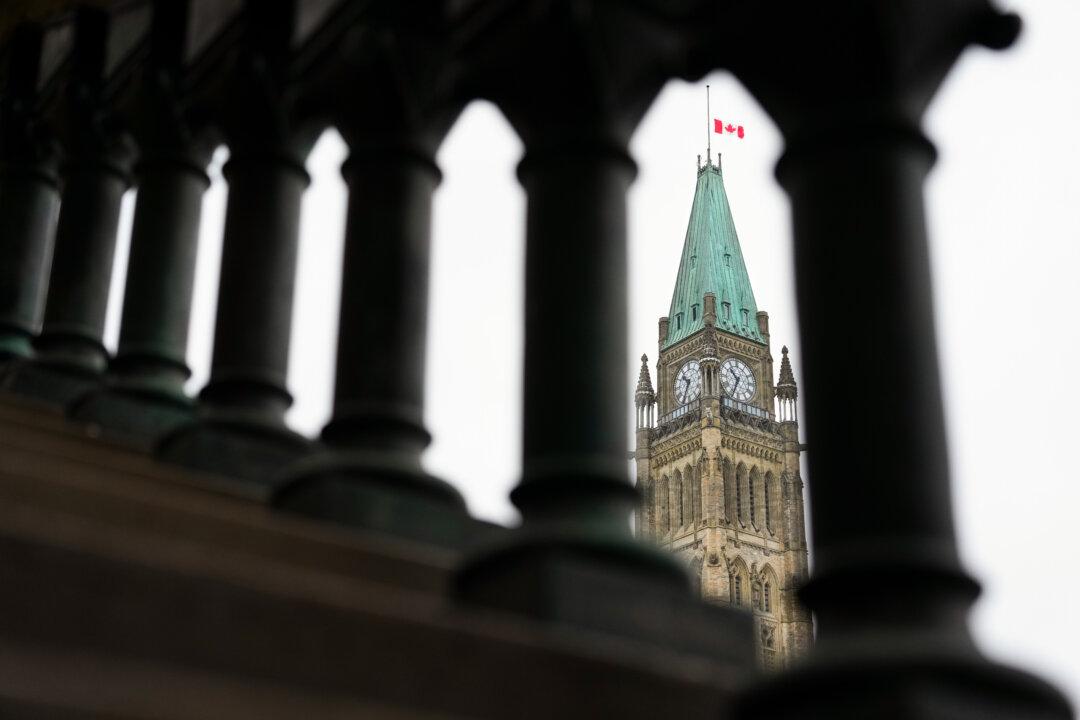Following release of information about lawmakers wittingly colluding with foreign actors, all political parties have called for action, albeit in different ways.
The Conservatives have called for the colluders’ names to be released. The NDP said it would remove any MPs from its caucus involved in collusion. The Bloc Québécois has tabled a motion to refer the matter to the Foreign Interference Commission.





